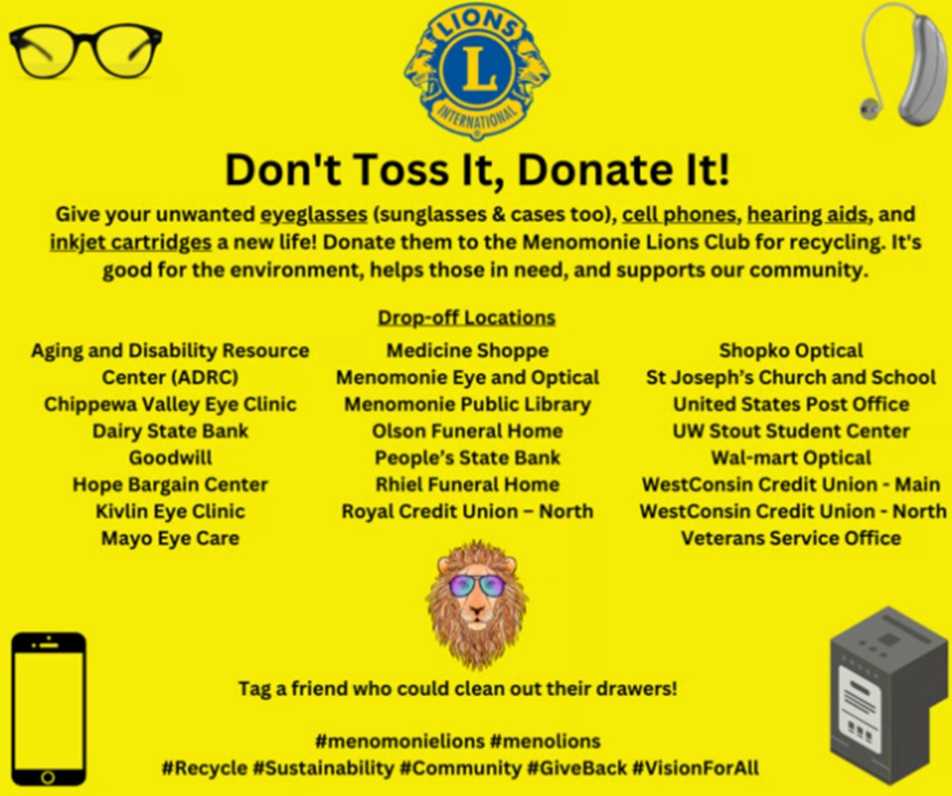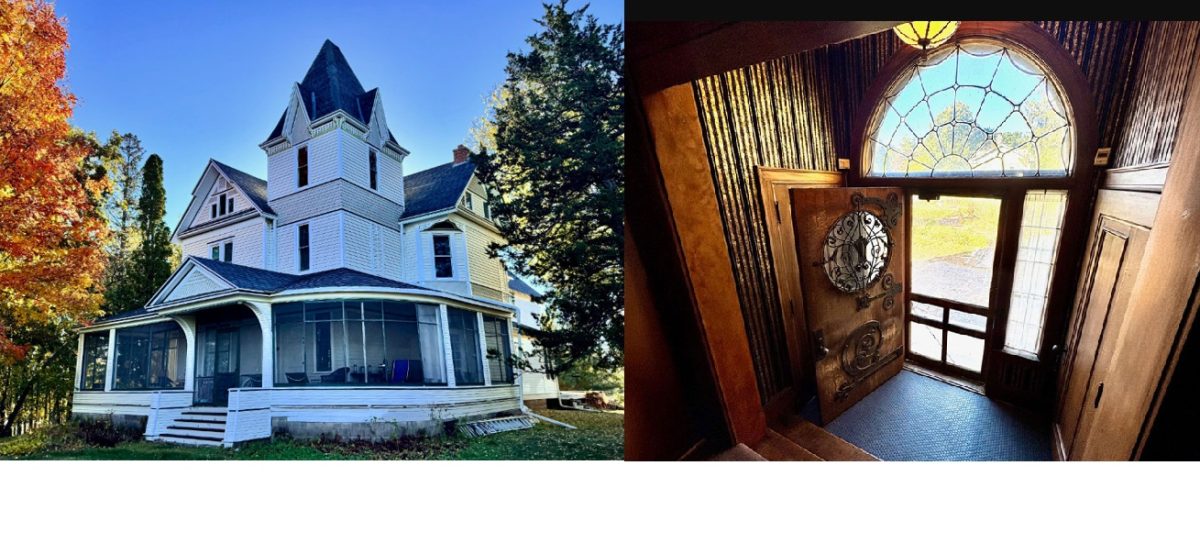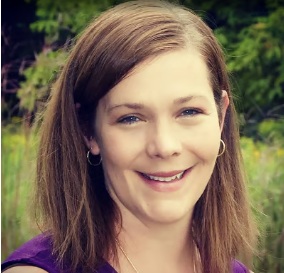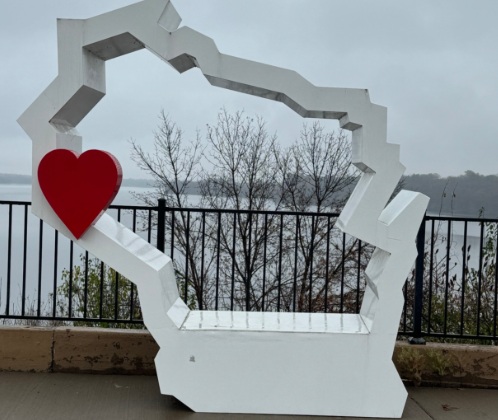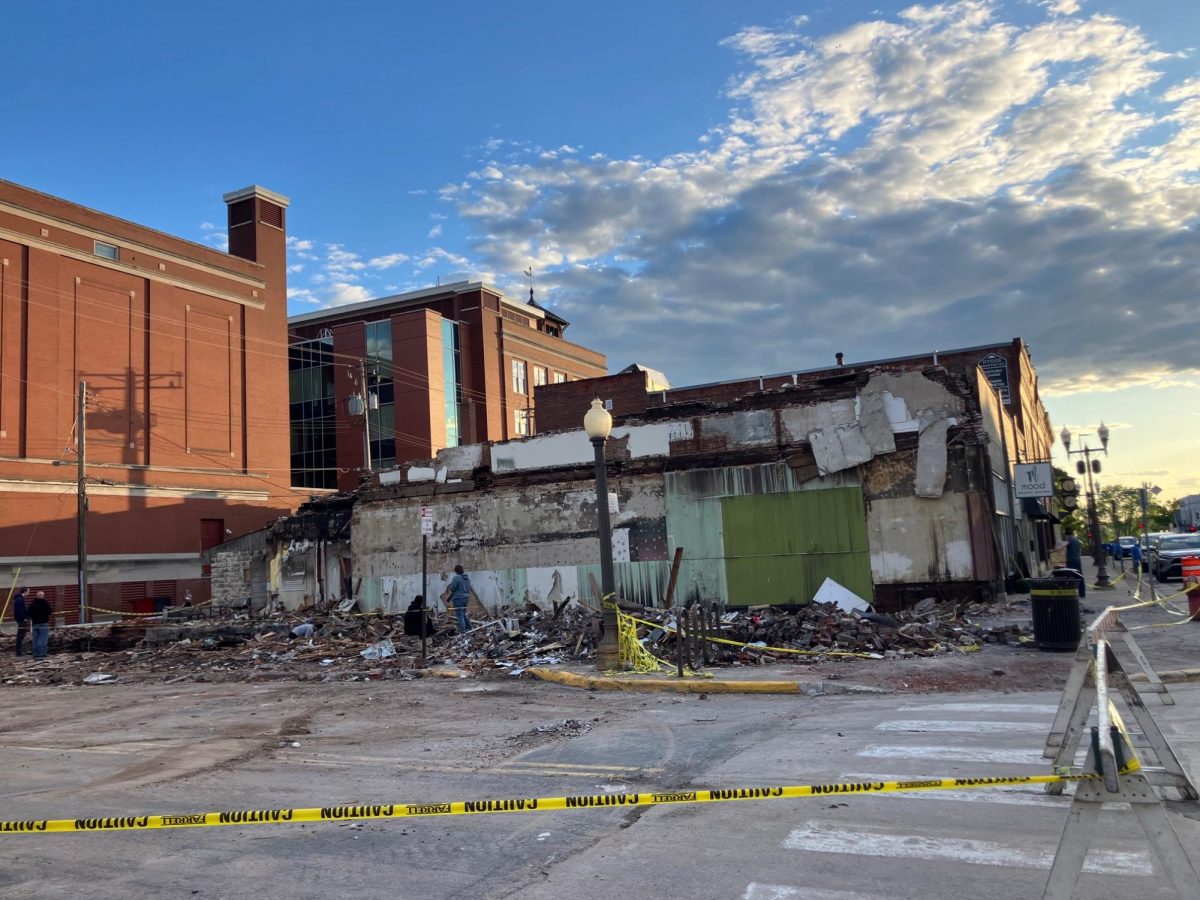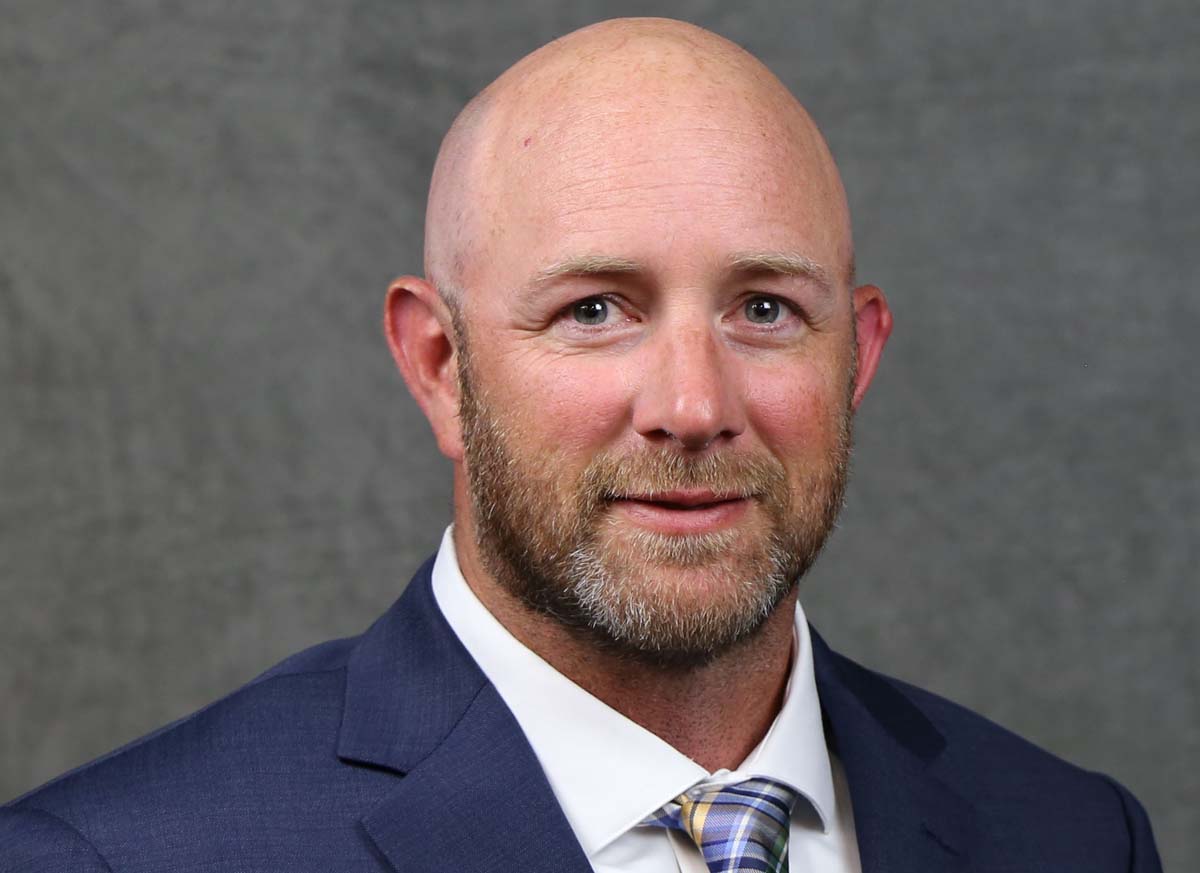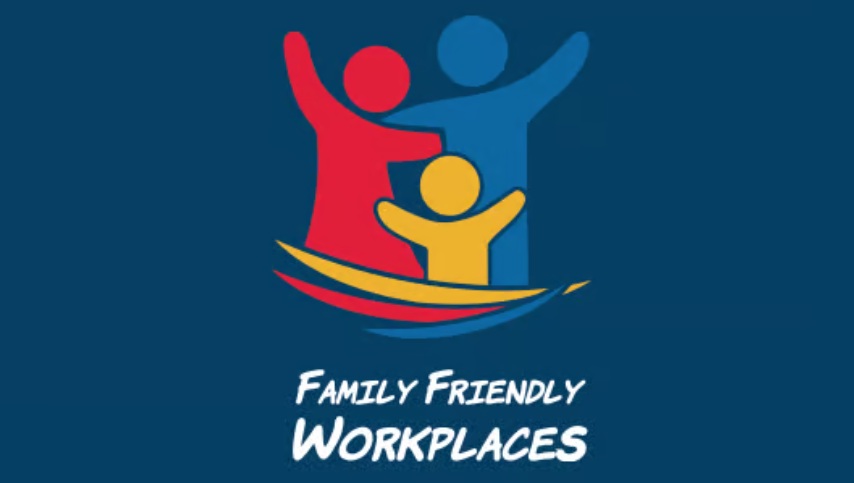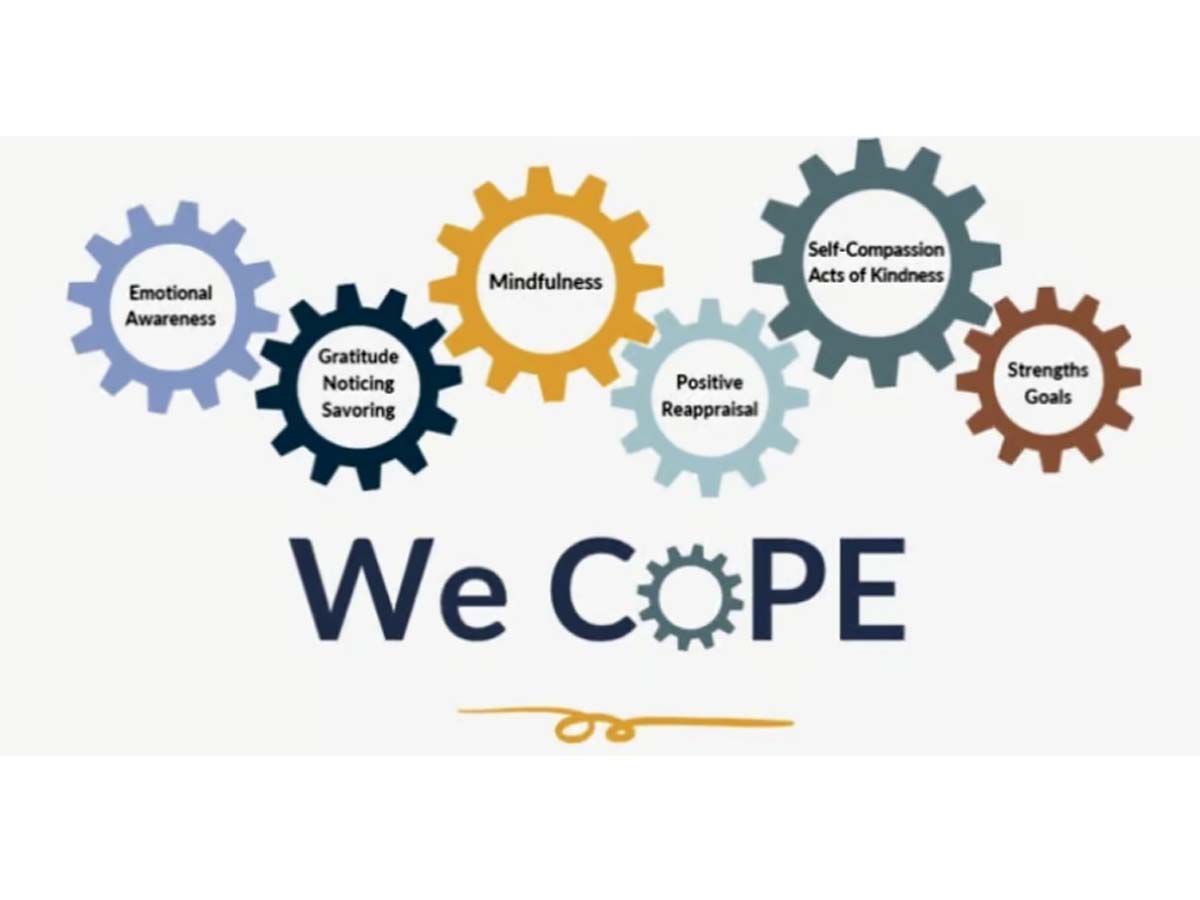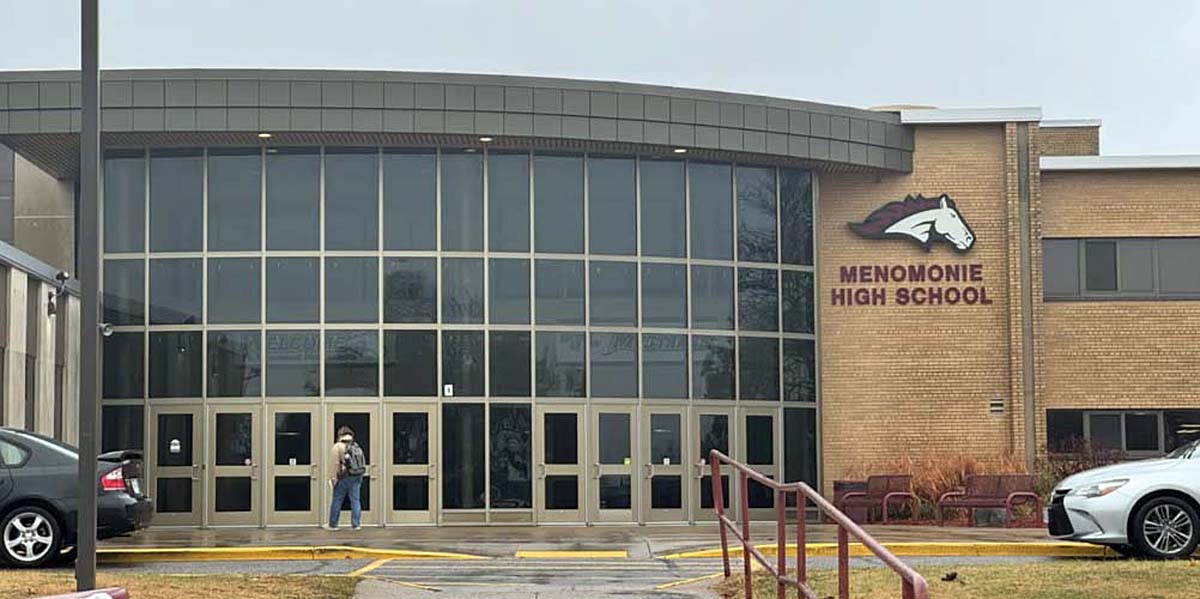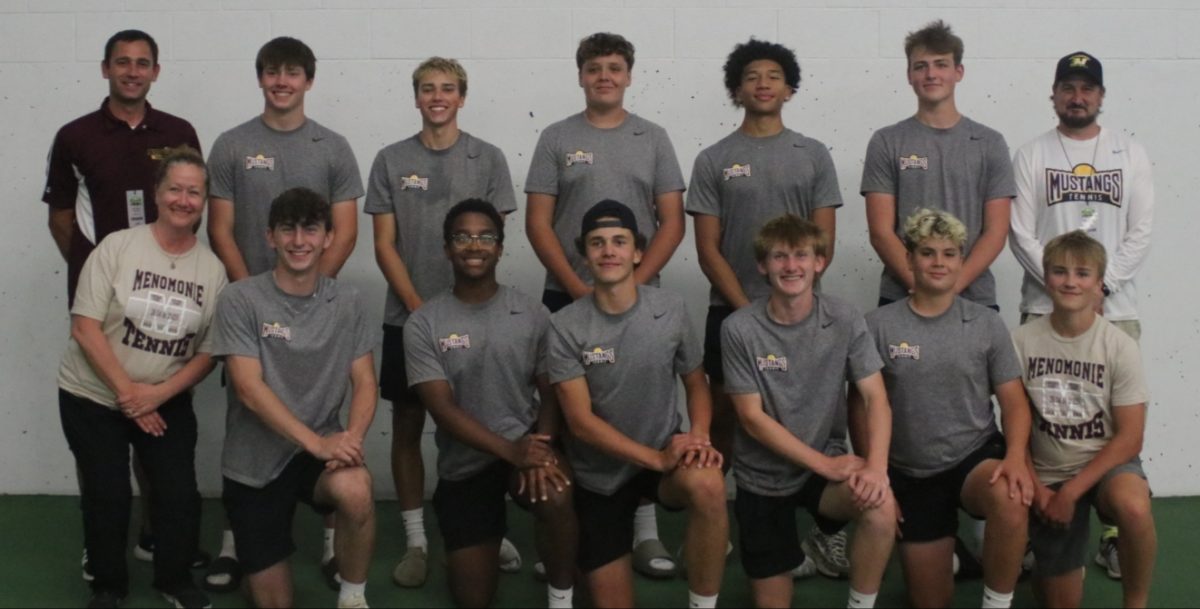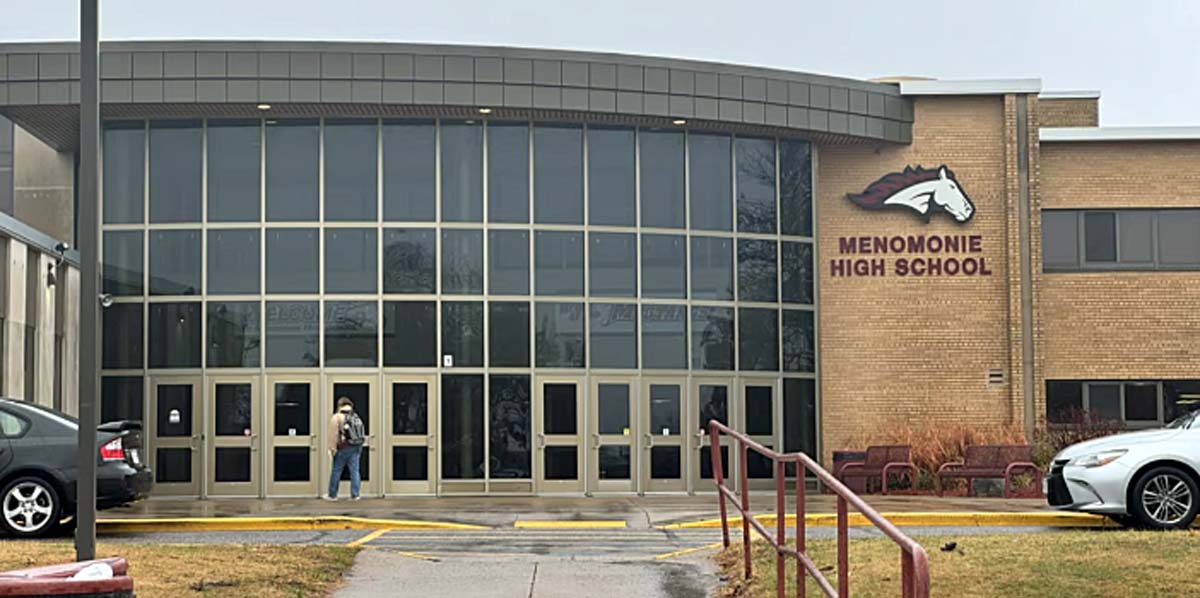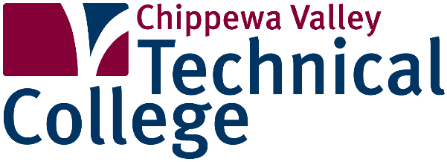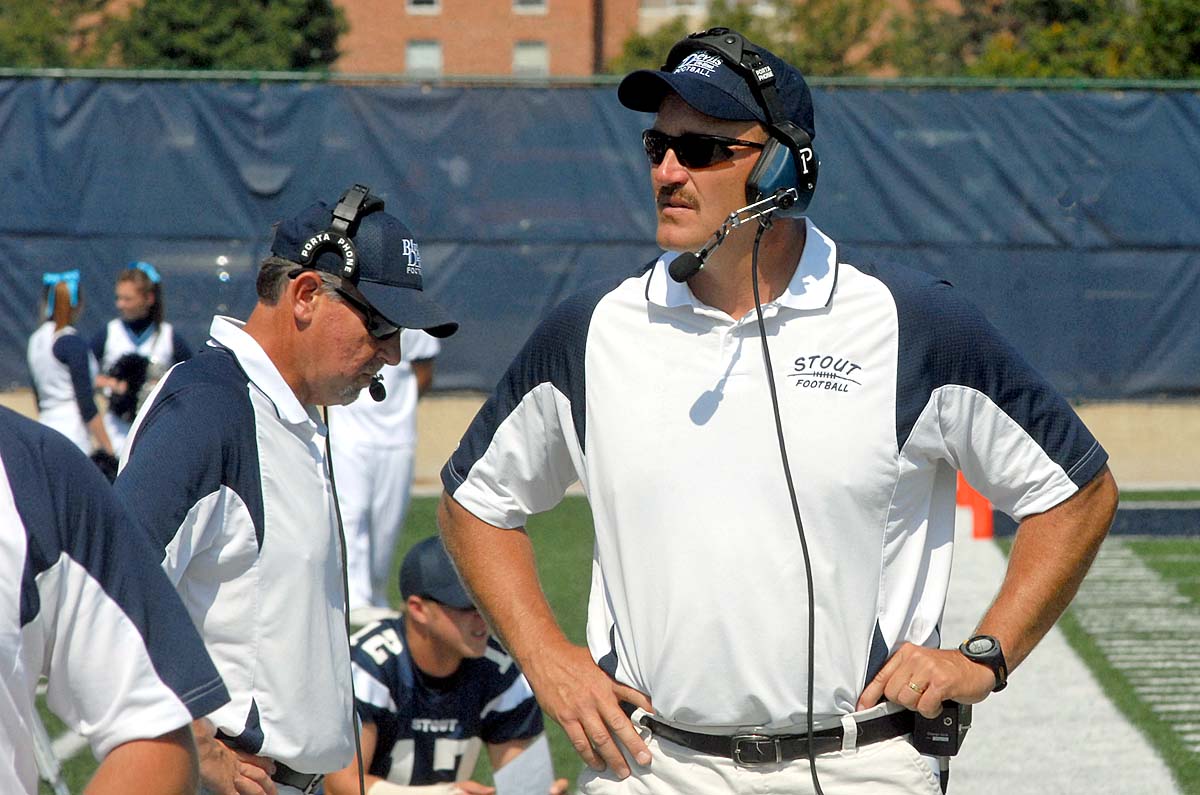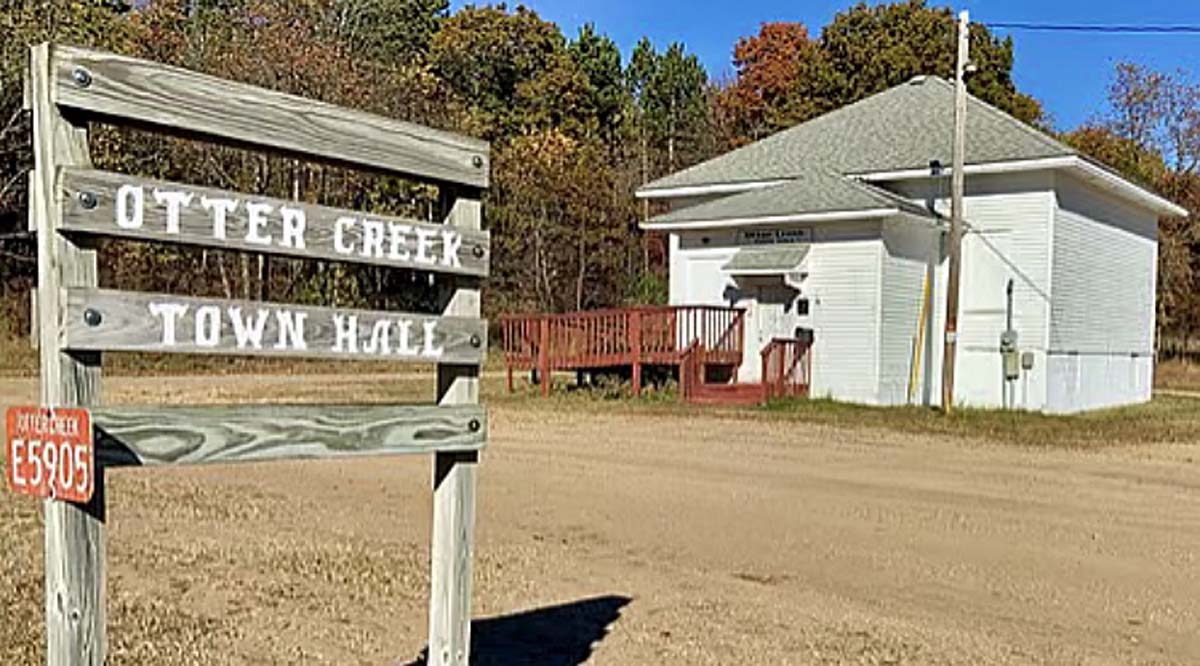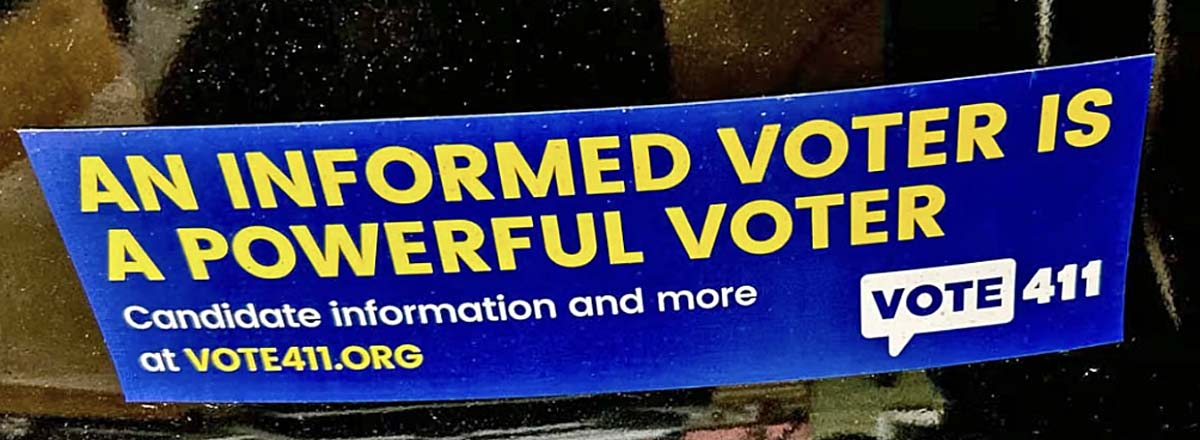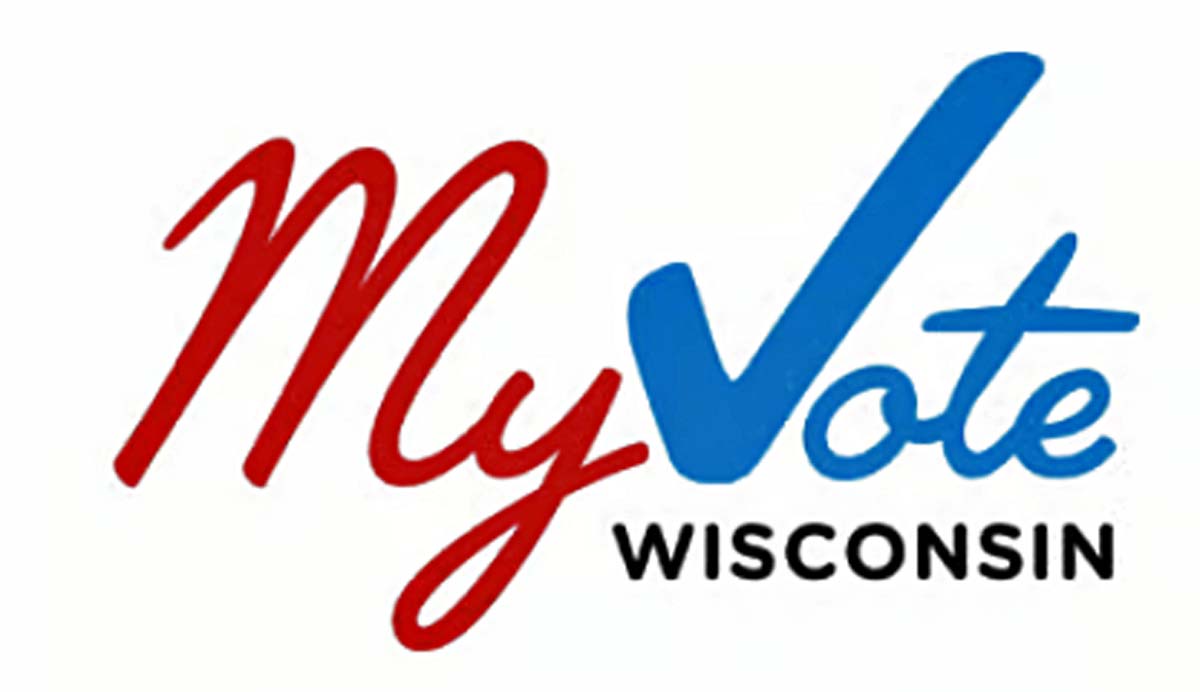“Consumers drive their own recovery,” said Paula Winter, director of Dunn County Human Services, which participates in RWC. “With the assistance from their recovery team, consumers decide what steps to take in their journey toward recovery.”
The RWC is the largest of the 11 Comprehensive Community Services consortia in Wisconsin. RWC is celebrating its 10thanniversary in May, having been established a decade ago to stabilize and address mental health and substance use needs in the population.
Those enrolled in CCS take control of their treatment and recovery, officials said. Individuals work with a team to decide which services will help them reach their goals. These services include assistance to manage medicines, job-related skills training, peer support, physical health monitoring, psychotherapy, screening and assessment, skill growth, substance use treatment, and wellness management and recovery.
The counties in the RWC are Buffalo, Burnett, Chippewa, Dunn, Pepin, Pierce, Polk, Rusk, and Washburn. Chippewa County serves as the coordinating county.
The program is intended for individuals “who need a higher intensity level of services than outpatient behavioral health services and lower intensity than a Community Support Program or Substance Use Intensive Outpatient services.” Winter added.
“Before CCS, many individuals had to access support through our crisis system,” Buckli said. “CCS is a much more effective and cost-efficient way of delivering these important services in a timely manner. This model is more person-centered.”
It is also popular. In 2024, RWC served 934 adults and children across nine counties. That care was provided by 102 service providers across the nine counties.
The CCS program in Wisconsin is funded through a combination of state and federal Medicaid funds. For counties participating in regionalized CCS programs, the state provides full reimbursement for both the federal and state shares of allowable Medicaid costs. This means the state covers the entire cost, not just the federal portion.
“The program is intended to be limited term or short term,” Buckli said. “How that is defined is based on the person.”
The individual’s treatment plan is reviewed regularly to ensure that the appropriate services are being provided and that they still are necessary, Buckli added.
Each CCS consortium is led by a CCS Coordinating Committee that provides oversight and direction to the program, Winter said. The Coordinating Committee has representation from consumers and their family members, individuals with lived experience, county personnel, community members and service providers.
“The coordinating committee gives service recipients a voice by providing input in the development of policies, procedures and quality assurance,” Winter added.
Here is a testimonial from one CCS participant, Elizabeth G: “I have PTSD, depression, and anxiety. Traditional talk therapy was not helpful for me. Thanks to CCS having different kinds of therapies, I was able to find what worked best for me. My life has changed enormously with the help of CCS. I’m very grateful for the program and staff!”
For more information contact Paula R. Winter, Director, Dunn County Human Services [email protected] 715-231-2750

